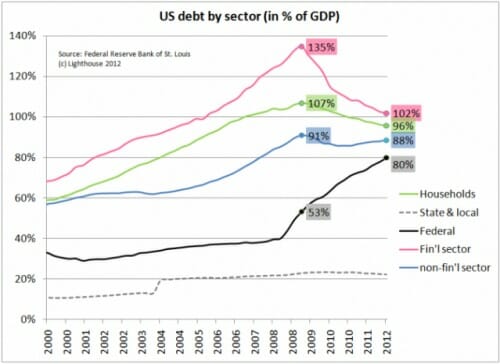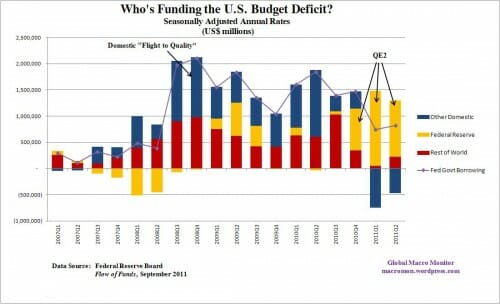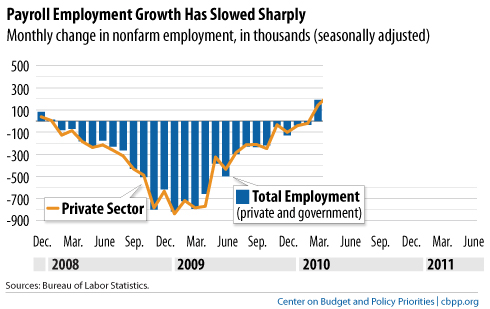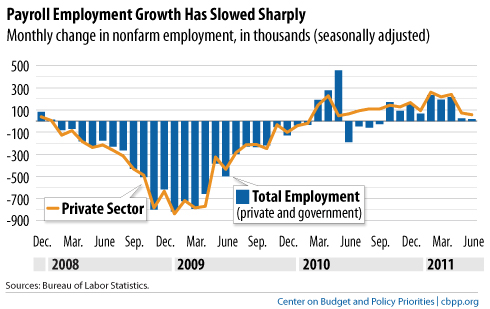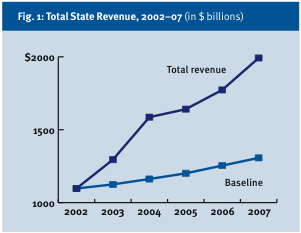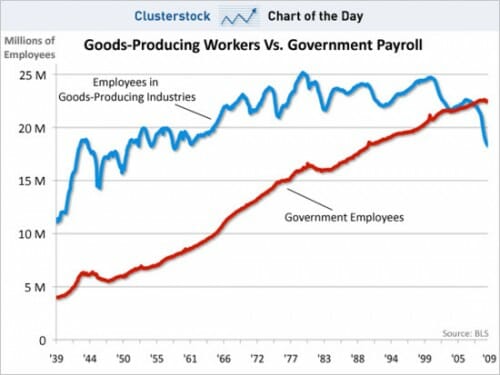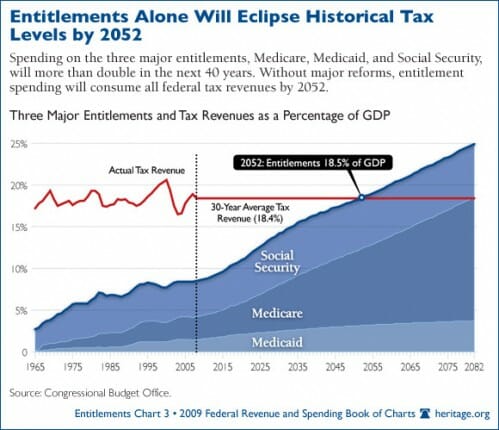A while back another entrepreneur/blogger wrote and asked me about investment choices for retirement. My philosophy on retirement seems to be a lot different than that of others, and I think owning one's own company changes some of the dynamics of retirement investing. Note that this advice is not right for everyone, and maybe no one, so read at your own risk. I publish it because the person I wrote suggested I do so, and after weeks of crazy intense work schedules I finally have the time.
A blogger wrote me about his despair at finding appropriate investment vehicles for his retirement savings. With relatively equal chances of 1) a long period of Japan-like slow growth or 2) a high inflationary period triggered by trying to avoid #1, both bonds and equities looked bad, and while real estate may have some value plays when things finally bottom out, neither of us has the time to pursue that. [since our emails, International equities are something I have moved money into, both as a diversification play as well as a way to short the dollar].
As I wrote him in one email
There is still a good chance of returning to normal growth in the middle somewhere, but both those bookends [inflation and stagnation] loom much larger than they might have, say, in my calculations five years ago. I have trouble figuring out what to invest in when both are possibilities. Equities? Great for hedging inflation but suck if there is a lost decade. Bonds would make sense in that case, but their interest will be low and they will be awful if inflation ramps up. If I really knew we would get inflation and devaluation, I would be leveraging like crazy because inflation transfers wealth from creditors to debtors.
As a result, I said that my main investment for my free capital was debt reduction and de-leveraging of my own business. Paying down debt has the advantage of having an absolutely predictable return and it reduces risk. This makes double sense for me as I have put new expansion investments in my business on hold until a variety of government issues from health care to tax rates become clearer. (For example, in health care, because my company is an oddity, with seasonal part time workers mostly on Medicare already, no one can yet tell me what my future costs will be. Estimates range from +0 to +20% of revenues!)
The key to my business, which may be very different from others, is that I make big investments to gain long-term contracts, but once captured, these contracts give my business a fair amount of stability and predictability. Further, in the latest recession, my business has proved to be either counter-cyclical or at least recession-proof to some extent, as 2009 was actually a blow-out record year for us. Given these facts, I am able to put a higher percentage of my net worth into my own business as an investment, without having to diversify as much in case of business trauma. And I prefer this. Given the choice of investing in a company I barely know on the NYSE or mine, which I understand and control, I prefer the latter. Also, returns on capital from buying or investing in private small businesses can be much higher (with higher risk of course) than in traditional equities -- see my whole series on buying a small business.
But here is where I really differ from most people: I take a very different view of retirement. When I worked in grinding corporate jobs (e.g. up until I was about 40) I was very focused on retirement. Now that I am doing something that is not brutally stressful, I hardly think about retirement. The whole concept of retirement now seems weird. I have, after a lot of hard work, gotten my business to the point where I can generally work as hard as I want to -- if I don't work hard, the business does not grow but I have good people such that it doesn't fall apart either. I compete with people who are running businesses in their late 70's who are still having a good time. I can take nice trips when I want to, take the day off if I need to, or whatever. My business actually has an off-season so I can be more relaxed part of the year.
My advice to this particular entrepreneur was to maybe reconsider the paradigm of "retirement." After all, the the long history of the world, retirement is a new concept that is barely 100 years old.
Are you the shuffleboard and golf type? What do you imagine yourself doing after retirement? I think you need some protection against becoming infirm or senile, but if you are healthy and vigorous, are you the type to get bored fast? As an example, nearly all of my 400 employees are retired, but they all got bored and wanted something to do.
Here is an alternative, entrepreneur's way to think about planning for retirement: How do I work really hard building a business that in 10 years will have a position such that it spits out some level of cash without effort on my part and can still grow if I want to spend time on it. I am surrounded in Scottsdale by people who have done exactly this after giving up a corporate job. At some point they took their savings from their 30s and 40s and dumped it into a business where they could still have the lifestyle they wanted. Buying or building the right company is sort of like buying a bond with an attached warrant whose value is related to how hard you want to work.
As I implied earlier, this is not an appropriate approach for every small business. The problem with technology businesses, for example, is that they never seem to mature into that latter predictable-cash-flow-stable-market-share phase. One is always running in place. One lesson I never forgot from my corporate years: In the industrial sector, I often saw people making loads of money selling bushings or some such whose design hadn't changed since 1920. It led me to this strategy: Find a market with barriers to entry, which may well not be very sexy, and spend ten years battering you way in, and then relax behind those walls. (As to sexy, the very first two classes of the first year Harvard Business School strategy course were a sexy cool software business and a boring stable industrial product business. Of course,the boring stable water meters made a fortune, while the software business never made a good return on capital. Beware of sexy businesses -- see: Airlines).
One other paradigm I would challenge is the notion everything you do as an entrepeneur has to be started from scratch. Many entrepreneurs have fun doing this but the prospect of doing a bootstrap startup when you are 70 years old is exhausting. Such entrepreneurs who have had a life of serial startups might consider a new phase in their business career as they get older, when they have saved enough assets to perhaps buy into an existing business rather than starting from scratch. I cannot tell you how many interesting small businesses there are that come up for sale with a guy who has an interesting product and has made some progress but can't manage his way out of a paper bag and thus hits some growth ceiling. I bought just such a core to my current business 8 years ago. These businesses require a lot of due diligence, because they are a real mixed bag, but I bought mine in an asset sale for 3.5 times EBITDA (which is an entirely typical price). Try buying Wall Street equities for 3.5 times EBITDA! If you pick the right business, and you are a good manager, there is not a better investment out there. Again, see my whole series on buying a small business.
Of course this investing-for-retirement is higher risk, because one bets a substantial portion of his net worth on his own business. But for those with confidence in their own ability, I find it a lot more compelling to bet my capital on myself rather than on guys I don't know running the Fortune 500.
